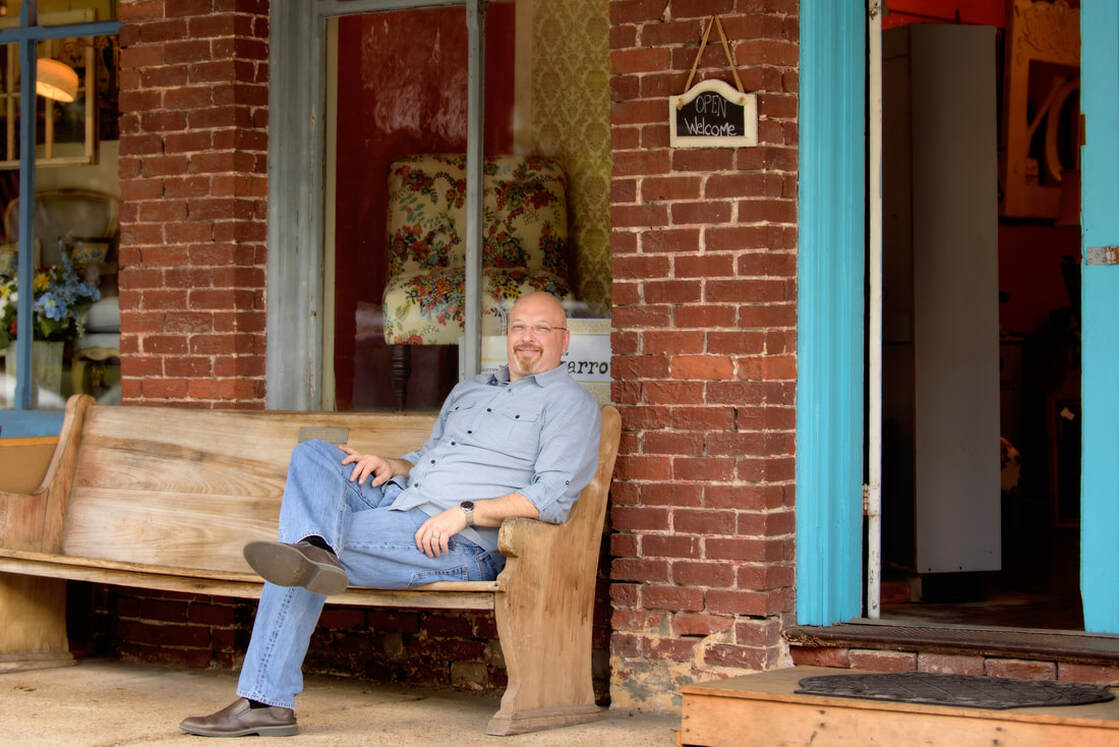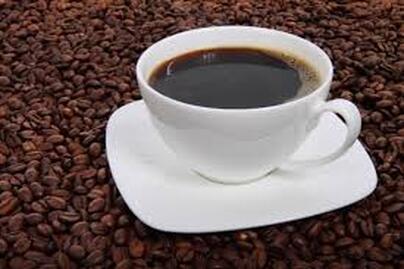|
Many things affect our day as we move through it, but, I found that "Joe" plays such an important role for so many of us. So, let's take a moment and find out why. Maybe we'll learn something and have some fun along the way.
The discovery of coffee and how it made its way around the world is exciting. If it were not for the keen observation of Kaldi, an Ethiopian goat herder, many of the coffee drinkers of the world would still be drinking tea. Or as it were back then, the choice of morning drink, beer or wine. Let's get on with the story. In the ninth century, Kaldi found that when his goats ate the berries from a particular species of plant (Coffea), they became energized and did not sleep at night. He took the beans to the local abbot and reported his findings. The abbot created a mixture of water and the berries. He found that when he drank the liquid, he could stay alert during the long evening prayers. The abbot shared his discovery with the monks of other monasteries. The word of this elixir spread east to the Arabian Peninsula. The new drink made its way to Arabia through the Port of Mocha, and thus the name Mocha become synonymous with coffee and is still used today to describe a type of coffee. Qahveh khaneh was the name given to the popular public meeting spots where one could enjoy music, news, exchange views, and of course, drink coffee. These were the first coffee houses. By the fifteenth century, the coffee plant was being grown in the Yemeni district of Arabia. By the sixteenth century, coffee had become popular in Egypt, Persia, Turkey, and Syria. “The first cup is for the guest, the second for enjoyment, the third for the sword.” — Old Arabic Saying As many visitors came to Mecca in the seventh century, coffee, or as it was commonly called “the wine of Araby,” spread to Europe. When it first arrived in Europe, coffee was thought to be the work of the devil and gained the dubious name “the bitter invention of Satan.” Even with all the fear over coffee, Europe could not resist it. “Penny Universities” were popping up everywhere. This was the name coined for the coffee houses that totted a cup of coffee for just a penny. They quickly became places to exchange intellectual thought. Since coffee was replacing beer and wine as the morning drink, patrons began to find themselves more alert and stimulated to think and while they worked. Nancy Astor, Britain's first MP: "If I were your wife I would poison in your coffee. Winston Churchill: "Nancy, if I were your husband I would drink it." Coffee reached the new world through New Amsterdam. We now call it New York (by the way, it was renamed by the British). Coffee houses rapidly sprang to life, but it wasn’t until 1773 and the uprising concerning high tea taxes (The Boston Tea Party) that America made coffee its drink of choice. "Coffee - the favorite drink of the civilized world." - Thomas Jefferson Today coffee is the second largest commodity in the world. Oil still sits atop the throne. For a more in-depth look at the history of coffee, please follow the links to the websites I used to create this story. I assure you the details are a good read. Coffee has become such an essential part of our world; it’s funny how goats first found this little berry (processed into a bean). So, the next time you see a goat, tip the to-go cup of "Joe" in your hand and say thank you. I apologize for sneaking in some literature in the form of coffee quotes. After all, I am an author. “Do Lipton employees take coffee breaks?” — Steven Wright
0 Comments
|
Author's Quote:"Writing is the flow of life through words on a page. We all have this talent to share." Luca DiMatteo For the latest blog, please sign up for my monthly newsletter.
Archives
August 2022
|


 RSS Feed
RSS Feed